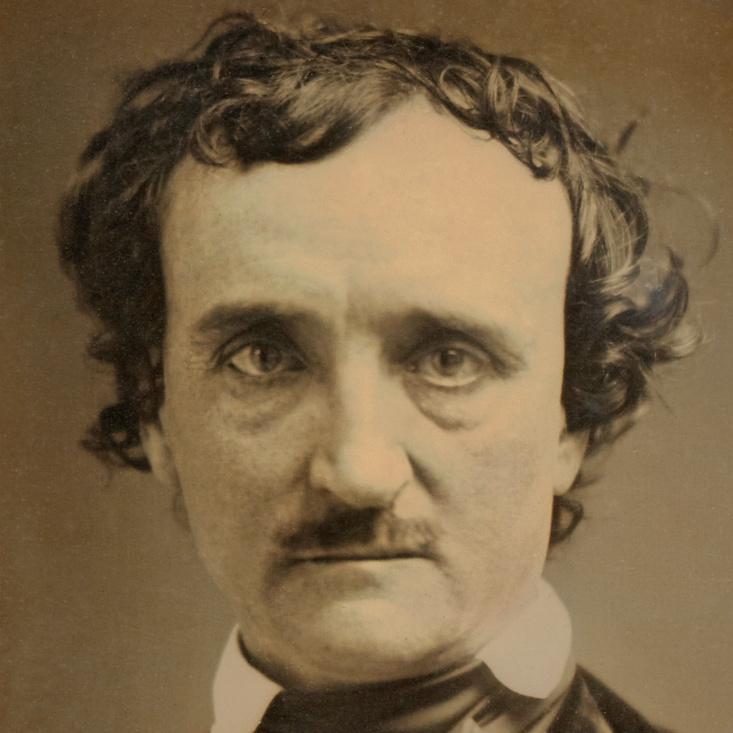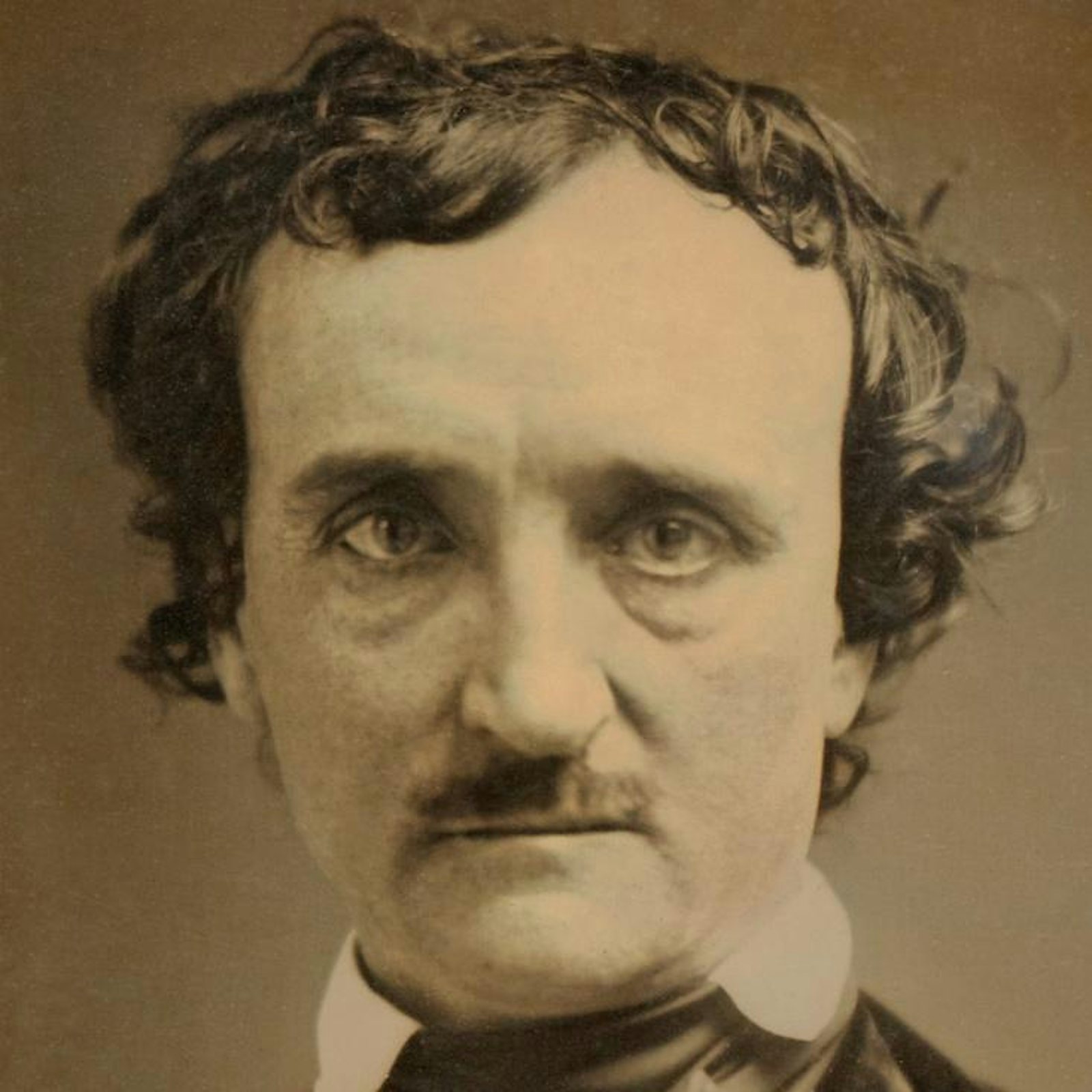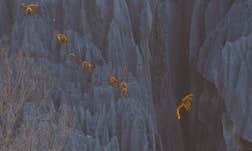
During the waning months of 1847, Edgar Allan Poe sat at his desk with a tortoiseshell cat draped around his shoulders and dreamed the universe into being.
Poe believed the book he wrote in that feline-festooned state to be his best work, and he expected its impact to resonate through the ages. It did not. The book, Eureka: A Prose Poem, was largely ignored at the time, and has been dismissed by most Poe scholars as the ramblings of an armchair cosmologist. Yet in that book, Poe presented a spookily intuitive description of the Big Bang theory more than 70 years before astrophysicists came up with the idea.
At the time, Poe lived in the rural village of Fordham (now part of the Bronx) in a small cottage suffused with a miasma of melancholy. His beloved wife, Virginia, whom he had taken as a child bride when she was just 13, had died in that cottage earlier in the year, leaving Poe in despair. With life and death heavy on his mind, he turned his thoughts to the origin of the universe—and to its ultimate fate.
He began by contemplating gravity, which he defined as “the fact that every atom attracts every other atom,” and he then wondered about the source of that attraction. His startling conclusion was that matter’s natural state is “oneness,” and that the universe began in that state. But the “primordial particle” was blown apart, seeding space with atoms that long to be reunited. Here’s the key passage in which Poe describes his version of the Big Bang:
Let us now endeavor to conceive what Matter must be, when, or if, in its absolute extreme of Simplicity. Here the Reason flies at once to Imparticularity — to a particle — to one particle — a particle of one kind — of one character — of one nature — of one size — of one form — a particle, therefore, “without form and void” — a particle positively a particle at all points — a particle absolutely unique, individual, undivided, and not indivisible only because He who created it, by dint of his Will, can by an infinitely less energetic exercise of the same Will, as a matter of course, divide it….
The willing into being the primordial particle, has completed the act, or more properly the conception, of Creation. We now proceed to the ultimate purpose for which we are to suppose the Particle created — that is to say, the ultimate purpose so far as our considerations yet enable us to see it — the constitution of the Universe from it, the Particle.
This constitution has been effected by forcing the originally and therefore normally One into the abnormal condition of Many…. From the one Particle, as a centre, let us suppose to be irradiated spherically — in all directions — to immeasurable but still to definite distances in the previously vacant space — a certain inexpressibly great yet limited number of unimaginably yet not infinitely minute atoms.
While the text cites scientists such as Newton, Laplace, and Herschel, Poe repeatedly states that he hasn’t set out to prove his theories, and that Eureka isn’t a scientific work. He dedicated this lyrical and metaphysical treatise “to those who feel rather than those who think—to the dreamers who put their faith in dreams as the only realities.” Yet Poe believed his theories were valid and would be embraced in time. In a letter to a friend, he wrote: “What I have propounded will (in good time) revolutionize the world of Physical & Metaphysical Science. I say this calmly—but I say it.”
Poe asked a publisher to print 50,000 copies initially, and to prepare to make the book the business of his lifetime. Instead the publisher put out 500, and even those didn’t sell. When Alexander Friedmann and Georges Lemaitre were publishing papers in the 1920s that first proposed an expanding universe, no one mentioned Poe.
Scientists who have read Eureka in the decades since have justly called attention to errors in other parts of Poe’s cosmology, and many consider his Big Bang notion to be nothing more than a lucky guess. But a few give Poe credit for a creative leap that contemporaneous astronomers were unable to make. Alberto Cappi is an Italian astronomer who studies galactic clusters and the structure of the universe, and who has taken an interest in Eureka. “It’s surprising that Poe arrived at his dynamically evolving universe, because there was no observational or theoretical evidence suggesting such a possibility,” Cappi wrote in an email. “No astronomer in Poe’s day could imagine a non-static universe.”
Perhaps the astronomers of Poe’s day didn’t have his motivation. Eureka goes on to propose that all the scattered and blown-apart atoms of the universe are now rushing together again, compelled by their “appetite for oneness.” In the due course of ages, he says, the “bright stars will become blended,” and all matter will merge in a final embrace. Poe, the bereft widower, seems to take comfort in this promise of reunification, perhaps dreaming of being reunified with his love. Many of today’s cosmologists predict a quite different fate for us all: an ever-continuing expansion, with all matter spread out in an increasingly diffuse and featureless Universe. The macabre Poe, rather than the romantic one, might have found that conclusion appropriate.
Eliza Strickland is an associate editor for the science and technology magazine IEEE Spectrum.


























